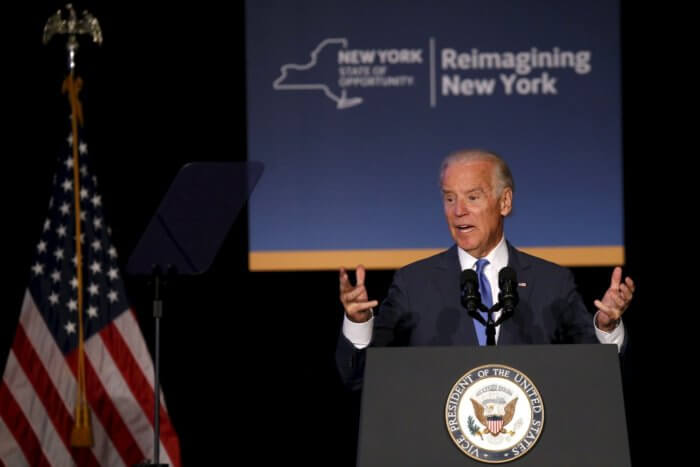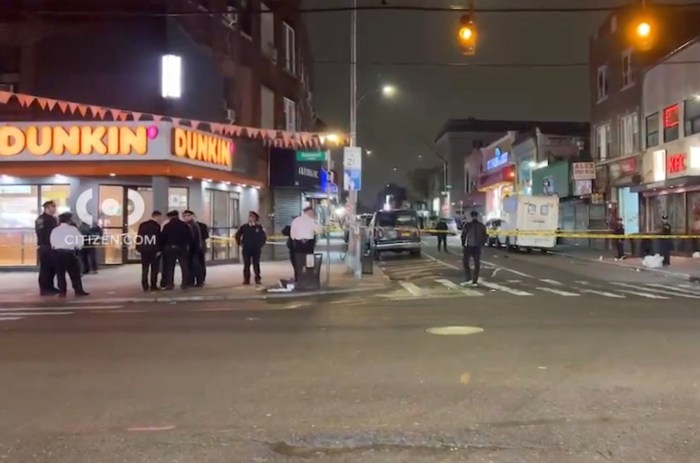By David DeKok
HARRISBURG, Pa. (Reuters) – A Pennsylvania woman who spent 42 years in prison on an arson and murder conviction has been freed but faces a retrial, her advocates said on Tuesday.
Letitia Smallwood, 62, was a college student in 1972, when she was accused of setting ablaze a building in the Pennsylvania borough of Carlisle that killed two people, Steven Johnson, 23, and Paula Wagner, 26. Smallwood was released to her sister on bail on Monday pending a retrial. She was freed after a Cumberland County judge vacated Smallwood’s conviction on the grounds that the techniques used to investigate the fire were dated and faulty. Cumberland County District Attorney Dave Freed said he would continue to pursue an appeal and is preparing for a retrial, The Sentinel newspaper reported. Freed was not immediately available for further comment. Supporters of Smallwood say she would likely be cleared in a retrial because there is not sufficient evidence to link her to starting the fire.
“We’re very confident of the outcome of a retrial,” said Marissa Bluestine, legal director for the Pennsylvania Innocence Project in Philadelphia, which had long worked to free Smallwood. Freed has previously told local media that Smallwood had the means and motive to commit the crime apart from the discredited fire evidence.
Smallwood is one of a growing number of prison inmates being freed around the country based on modern understanding of arson fires.
Another Pennsylvania inmate convicted in an arson murder, Han Tak Lee, 79, was ordered freed last summer after a federal magistrate rejected the fire evidence used to convict him of setting a blaze that killed his daughter in 1989. Peter Goldberger, Lee’s lawyer, said Tuesday his client remains free pending a ruling expected from the 3rd U.S. Circuit Court of Appeals in June on whether Monroe County prosecutors can retry him. (Corrects second paragraph to show Johnson was not Smallwood’s ex-boyfriend)
(Editing by Laila Kearney and Bill Trott)






























